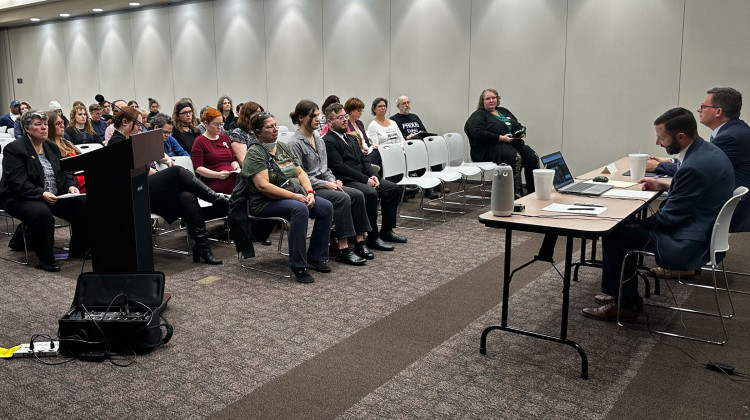The U.S. Supreme Court today ruled “closely-held” private corporations can refuse to cover contraceptives, as mandated under the Affordable Care Act, for religious reasons.
The lawsuit, which Hobby Lobby and other private companies brought against the U.S. Department of Health and Human Services, alleges the government’s mandate is “substantially burdensome” to their exercise of religion, which is prohibited in Religious Freedom Restoration Act of 1993.
The ruling has major implications for those privately held companies and their employees, but it could also provide insights into how the lawsuits involving nonprofit religious institutions, such as the University of Notre Dame, are ultimately decided.
Under the Affordable Care Act, businesses are required to provide contraceptives to their employees at no cost to the patient.
But the Obama administration has created an alternative for nonprofit religious institutions, including churches and private universities.
Under that exemption, the organization can provide a form to the insurance companies stating their opposition to providing contraceptives and instead of billing the university, the insurance companies will bill the federal government directly for that cost.
In its lawsuit, Notre Dame argues even that is too burdensome because it involves them in the process of providing contraceptives.
So what does Hobby Lobby have to do with this?
In the Supreme Court majority opinion, the justices said the Health and Human Services department was not providing businesses with the “least restrictive” means of providing the health service.
“There are other ways in which Congress or HHS could equally ensure that every woman has cost-free access to the particular contraceptives at issue here and, indeed, to all FDA-approved contraceptives,” Justice Samuel Alito writes.
The court goes on to say that the HHS has already developed less restrictive plan–the one it’s offering to religious nonprofits like Notre Dame.
“Basically that suggests, at least at its face, that the alternative that the government is giving to Notre Dame is OK,” says Indiana University Maurer School of Law Professor Daniel Conkle.
On the other hand, Conkle says the court also noted that it was not considering the constitutionality of that plan.
“The court specifically says we’re not deciding that that alternative for religious nonprofits is adequate,” Conkle says. “But what we are saying is that at a minimum, that is a less burdensome, less restrictive approach that at least should be extended to the profit making companies like Hobby Lobby.”
So, the Hobby Lobby opinion suggests the Supreme Court could uphold the alternative plan. So far, two appellate courts have ruled against the religious institutions.
That included the 7th Circuit Court of Appeals’ ruling against Notre Dame in February.
But late last year, Justice Sonia Sotomayor put a temporary block on the Obama administration’s mandate for an order of nuns, suggesting there could be an even less-restrictive alternative the government needs to allow.
Still, Conkle also notes it is too early to tell whether the Supreme Court will even take up the cases involving the nonprofits at all.
 DONATE
DONATE








 View More Articles
View More Articles

 Support WFYI. We can't do it without you.
Support WFYI. We can't do it without you.